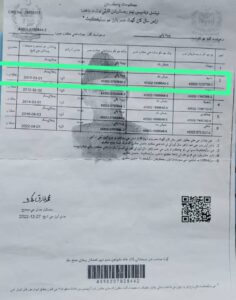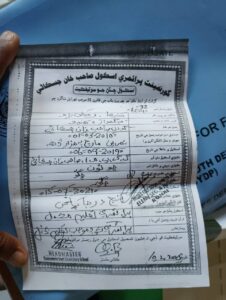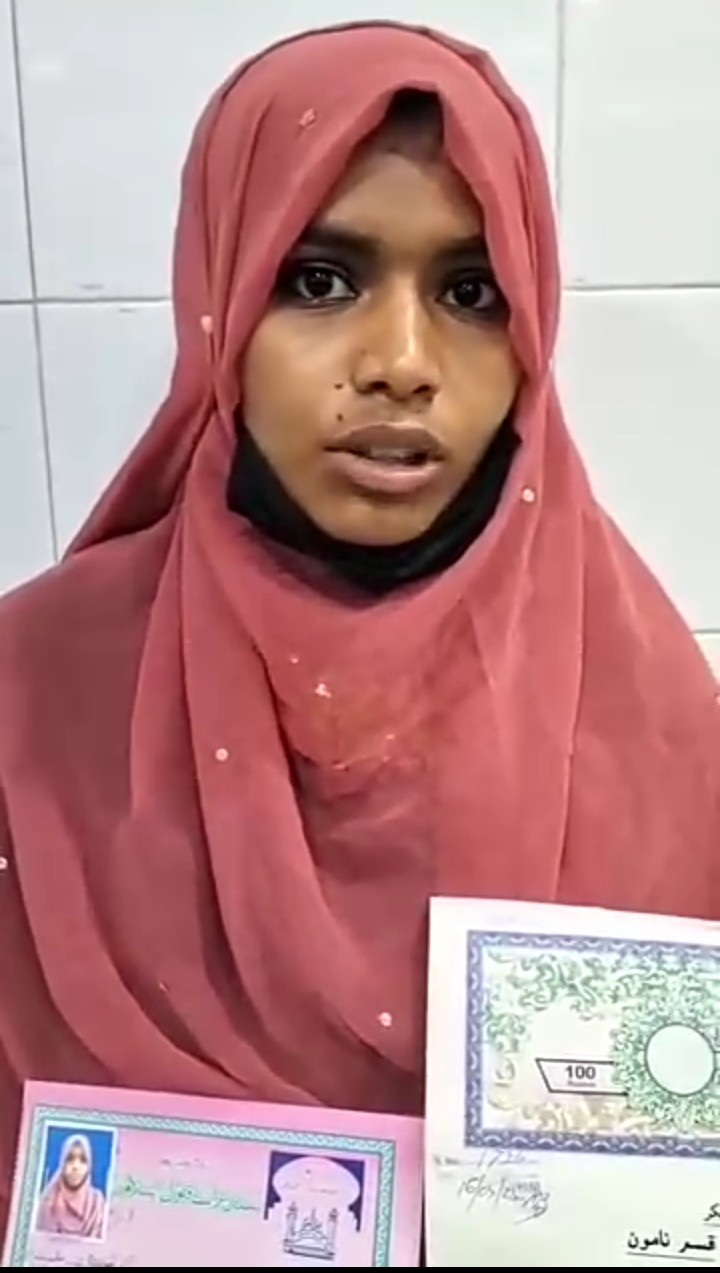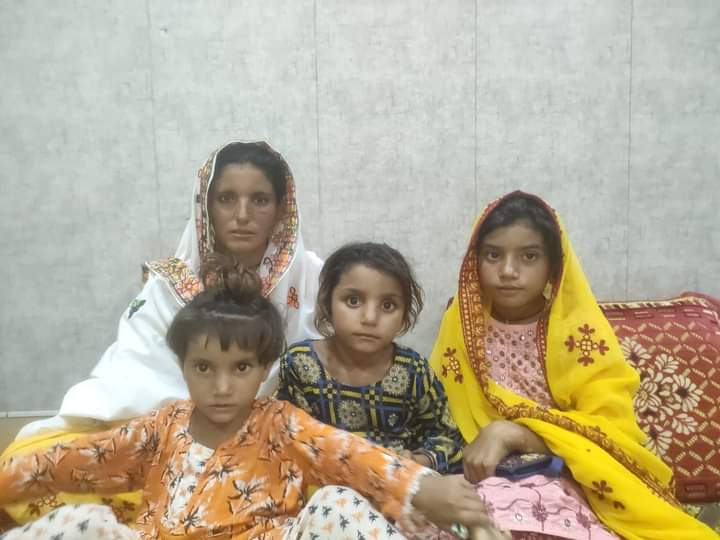Sukkur, Sindh — In a disturbing and all-too-familiar turn of events, a 15-year-old girl from the Hindu Meghwar community, Sinhiya Meghwar, daughter of Ramesh Kumar and a student of Class IX, has become the latest victim in what human rights defenders describe as a systematic pattern of forced conversions and abductions in Sindh, Pakistan.
A resident of the small village Sahib Khan Jaskani in Taluka Rohri, District Sukkur, Sinhiya had been missing for three days. Her family promptly filed a First Information Report (FIR) at the Jhangro Police Station, but despite repeated pleas, the authorities — including the SSP Sukkur and Thana Sadar — failed to locate the missing minor in time.
Their worst fears were soon confirmed.
After three agonizing days, Sinhiya appeared on local media, visibly distressed, to declare her conversion to Islam and her new name: Hajra. The video, rather than providing clarity, raised more concerns. Observers noted her frightened expression, hesitant tone, and unnatural body language — all signs that she may have been coerced into the conversion.
Even more troubling is the response from law enforcement. Despite being informed of Sinhiya’s whereabouts and condition, the SHO of Jhangro, Piroz Shar, has refused to take the girl into protective custody or facilitate her reunion with her family. This inaction has drawn harsh criticism from civil society, minority advocates, and legal observers.
A Worrying Trend
What happened to Sinhiya is not an isolated case. It is part of a growing and deeply alarming trend in Sindh, where underage girls from minority communities — primarily Hindus and Christians — are abducted, forcibly converted, and married off, often under threat, manipulation, or violence. Many of these girls are minors, some as young as 12 or 13.
These acts, which involve abduction, psychological pressure, religious coercion, and at times sexual abuse, are not only violations of Pakistani law but also contravene international human rights standards, including those outlined by the United Nations Convention on the Rights of the Child.
A Call to Action
The continued silence and inaction from authorities send a chilling message to vulnerable communities in Sindh: that justice is selective, and their lives are expendable. It is a matter of urgency that the state and international human rights bodies take strong, unambiguous steps to address these injustices.
We appeal to:
-
UN bodies, including the UN Security Council (UNSC)
-
Human rights organizations and NGOs worldwide
-
Pakistan’s judiciary and civil rights institutions
Please intervene. Ensure that Sinhiya Meghwar is returned to her family safely and that a transparent investigation is carried out. Demand accountability from those who allow or facilitate such crimes. The cycle of impunity must end.
Conclusion
Sinhiya’s case is more than just a single tragedy — it’s a reflection of the systematic vulnerability of minorities in Pakistan. When a child cannot be protected, when a voice is silenced through fear, and when faith becomes a weapon of coercion, justice must rise above silence.
Let this not be just another forgotten name. Let this be a turning point. Justice for Sinhiya Meghwar.


For more updates and detailed coverage of this case and other issues affecting the Hindu and Sindhi communities in Sindh, Pakistan, stay tuned to Sindh Renaissance.






